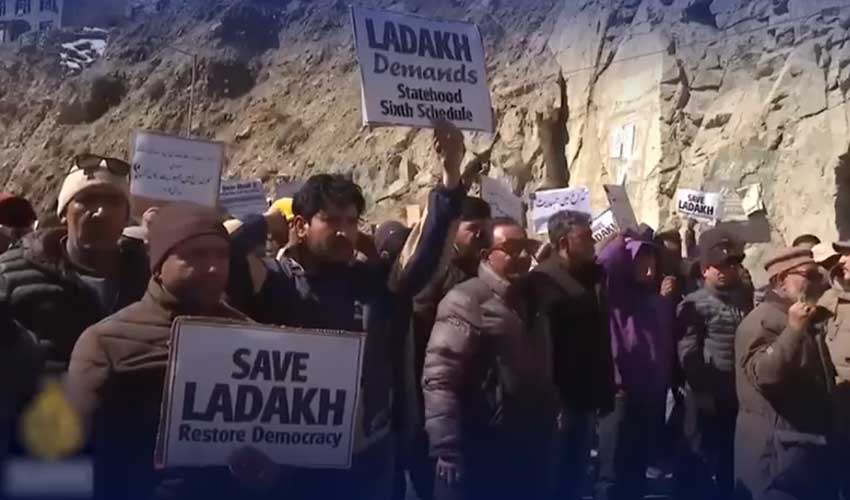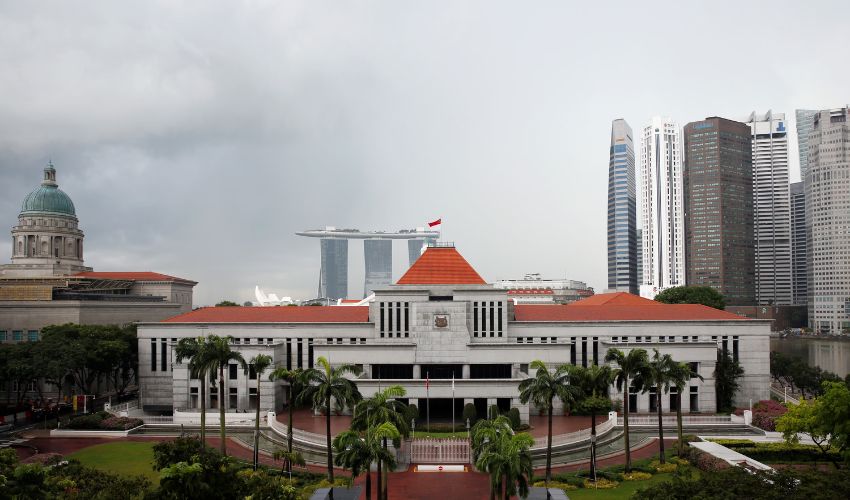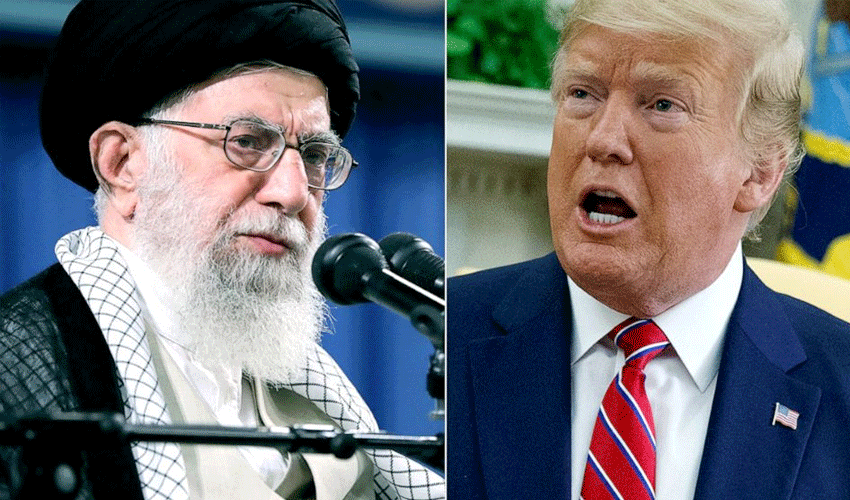In Ladakh and Kargil, protests against the Modi govt's unfulfilled promises have intensified, mirroring nationwide discontent with the administration's perceived failures. The unrest, sparked by a decade of unmet expectations, centers on the BJP's 2019 pledge to grant Ladakh autonomous status under the Sixth Schedule of the Indian Constitution.
Despite electoral victory on the promise, the Modi govt's failure to deliver has fueled disillusionment among residents. Adding to the frustration is the govt's backtrack on plans to grant Ladakh separate statehood, a move seen as reneging on commitments made to the region.
At the forefront of the protests is Ladakh activist Sonam Wangchak, whose 21-day hunger strike drew attention to the community's grievances. Wangchak's actions, supported by thousands, demand accountability from the Modi administration and the restoration of constitutional rights.
The protests highlight concerns about the loss of political representation and threats to local businesses from outside interests. Protesters decry government policies they claim jeopardize both employment and environmental stability in the region.
Despite mounting pressure, the Modi government has remained unresponsive, prompting further action. Following Wangchak's hunger strike, women from Ladakh and Kargil initiated a 10-day hunger strike, amplifying calls for justice.
Efforts by government-aligned media to downplay the unrest may face challenges as dissent continues to simmer.



























